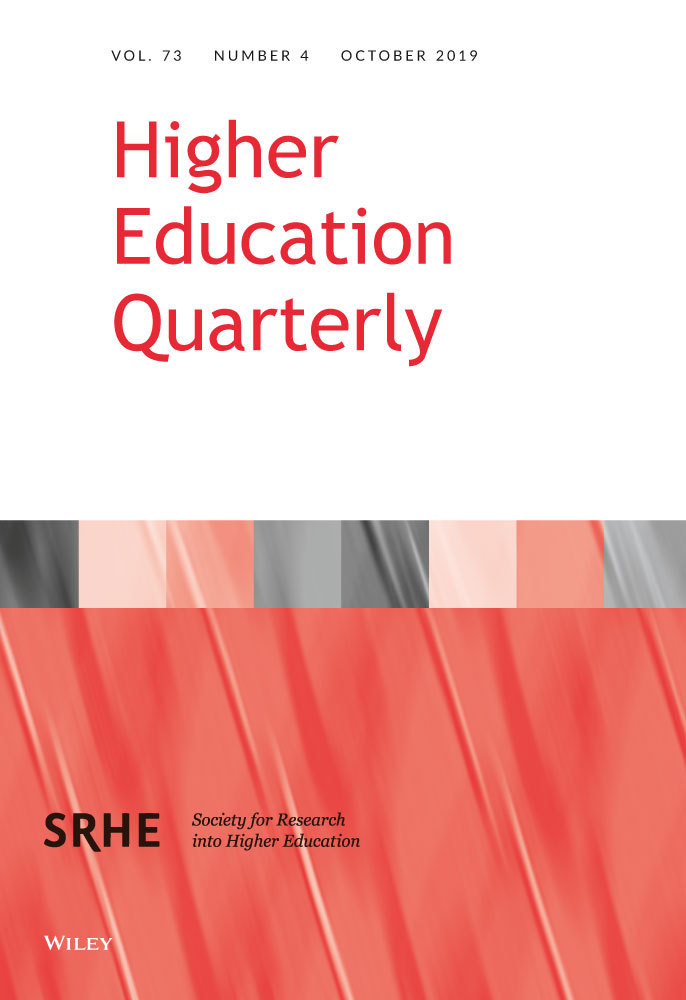Inbreds and non-inbreds among Russian academics: Short-term similarity and long-term differences in productivity
Funding information
The article was prepared within the framework of the HSE University Basic Research Program and funded by the Russian Academic Excellence Project 5-100.
Abstract
enThis paper studies the publication productivity of inbreds and non-inbreds among Russian academics. Existing literature provides ambiguous results on the relationship between inbred status and productivity. This may be explained by the use of different indicators for measuring publication productivity. We use data, which include indicators of both current publication productivity (at a certain point of time) and cumulative productivity (throughout the career) to identify whether inbreds and non-inbreds differ in their productivity. We did not find any difference in current publication productivity of inbreds and non-inbreds. We found, however, a difference in their cumulative publication productivity: non-inbreds are being more productive on an individual level throughout their careers. Although the conclusions are based on the Russian data, the analysis provides an explanation for existing contradictory results on the relationship between academic inbreeding and productivity in general.
Аннотация
esВ статье рассматривается связь публикационной продуктивности и инбридинга на выборке российских учёных в области математики. Мы используем данные, которые включают индикаторы как текущей продуктивности (в определенный момент времени), так и совокупной продуктивности (на протяжении всей карьеры), измеренные у одних и тех же исследователей. Мы не нашли разницы в текущей публикационной продуктивности инбридов и неинбридов. Однако мы обнаружили разницу в их совокупной публикационной продуктивности: неинбриды более продуктивны на уровне карьеры в целом. Таким образом, можно сделать вывод, что эффект инбридинга может накапливаться и негативно влиять на продуктивность в долгосрочной перспективе. Хотя выводы основаны на российских данных, они предлагают объяснение существующим в литературе противоречивым результатам о взаимосвязи между академическим инбридингом и публикационной продуктивностью.




